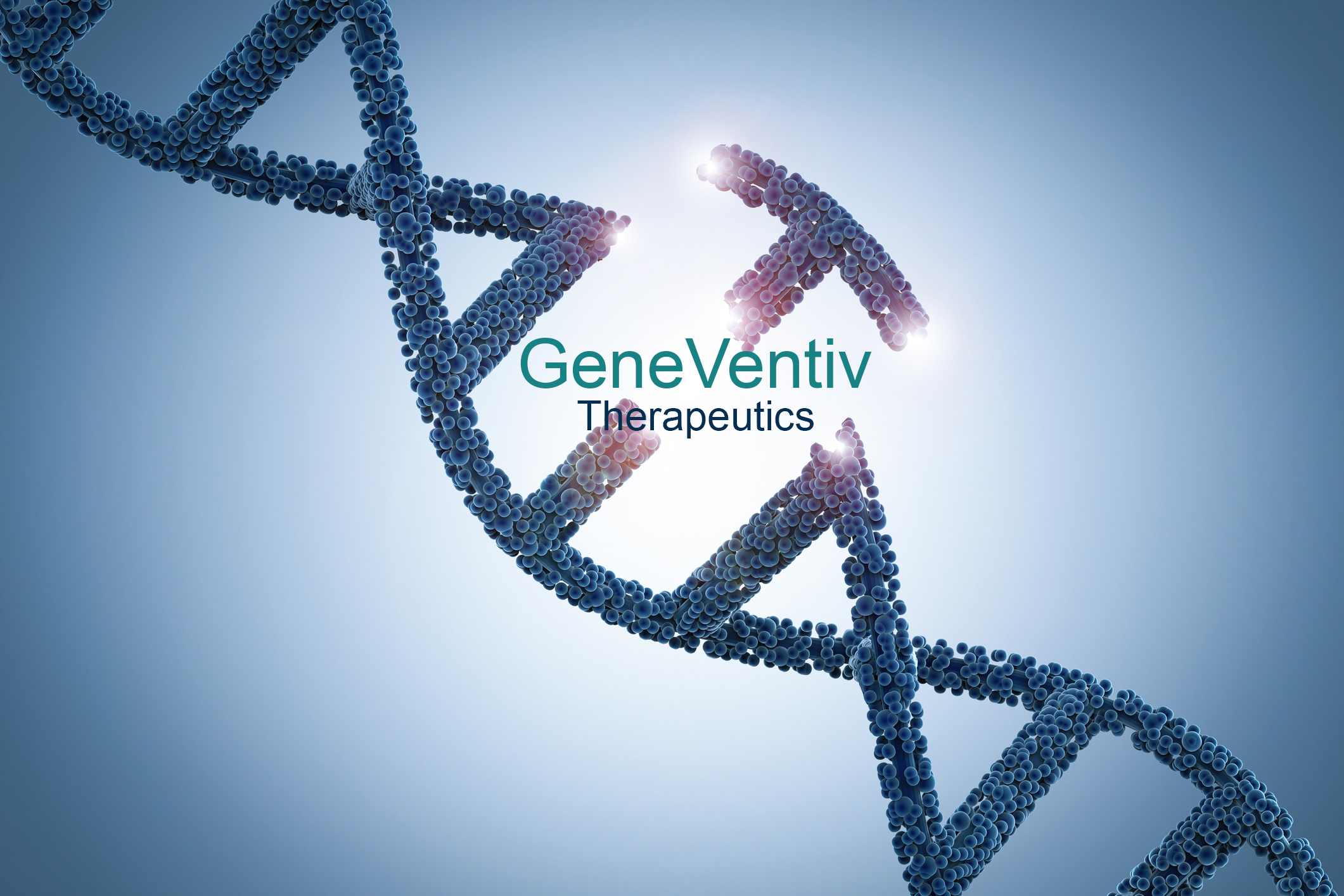Companies in this article: University of North Carolina at Chapel Hill https://www.unc.edu/, GeneVentiv Therapeutics https:/www.geneventiv.com
A new company launching around technology out of UNC-Chapel Hill thinks that gene therapy could be the solution to hemophilia.
This week, Raleigh-based GeneVentiv Therapeutics announced a license agreement with the UNC-Chapel Hill for a gene therapy for hemophilia. The company says the patent on the technology is still pending.
The technology is the company’s first and only drug in its pipeline, called “GENV HEM,” which the company hopes will offer “a cure for all types of hemophilia patients with or without inhibitors to their missing clotting factors.”
“There are promising gene therapies in development for hemophilia patients without inhibitors, but patients with inhibitors were being left behind. We’re changing that with a gene therapy for all hemophilia patients with or without inhibitors,” said Damon Race, president and CEO of GeneVentiv Therapeutics, in a prepared statement.
Company officials were not available for comment.
GeneVentiv plans to move its gene therapy into the clinic around “mid-2022.”
The company’s technology was developed by its co-founder and scientific advisor, Dr. Chengwen Li.
According to the company, Li invented the therapy through his work in UNC-Chapel Hill’s Department of Pediatrics. Li received his M.D./Ph.D degree from Peking Union Medical School, and has published more than 70 articles related to Aden-associated virus (AAV) gene therapy.
But the company also has an important tie to the Triangle’s gene therapy industry, and to its most promising gene therapy company.
Li completed his post-doctoral work in the laboratory of Dr. Jude Samulski at UNC, who is also the co-founder and chief scientific officer of RTP-based Asklepios BioPharmaceutical (AskBio). The company, which has been working to advance its own portfolio of AAV gene therapies since the early 2000s, was just acquired by global pharmaceutical giant Bayer in a deal worth up to $4 billion dollars. At the heart of that acquisition and much of the Triangle’s gene therapy success is Samulski, who is credited with pioneering AAV as a modality of gene therapy in his own graduate working in the 1970s.
Samulski has also been identified as a key force in the success of the region’s gene therapy cluster, with both his work at UNC and AskBio attracting a number of startups and major company forays into AAV gene therapy in the region.
Aside from Li and Race, GeneVentiv’s only other senior executive is Dr. Audrey Sharbaugh, who serves as its head of clinical development. Prior to the role, Sharbaugh led development of compounds at companies such as Salix Pharmaceuticals, Gilead and Glaxo Welcome.
Read the news story here

